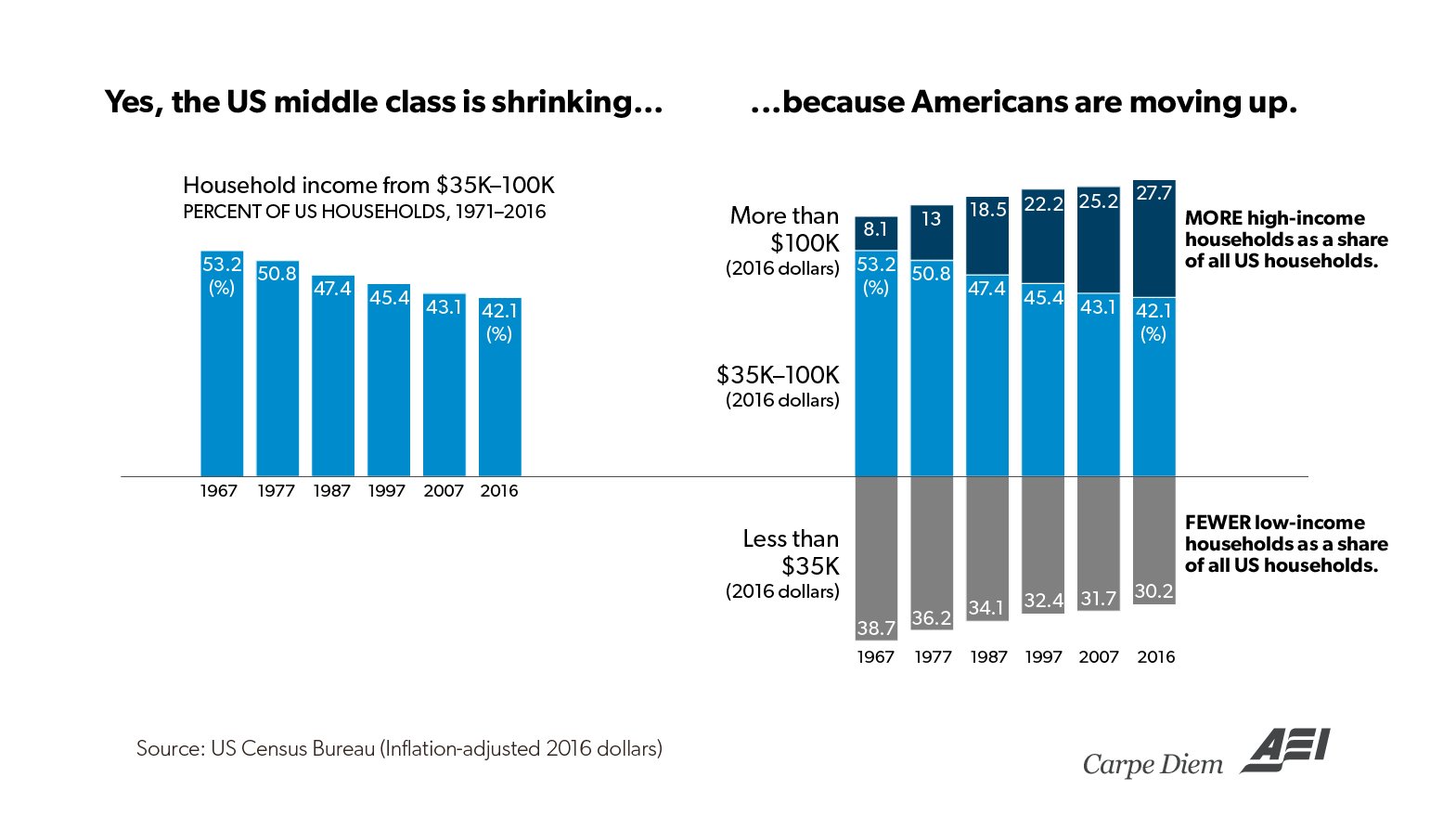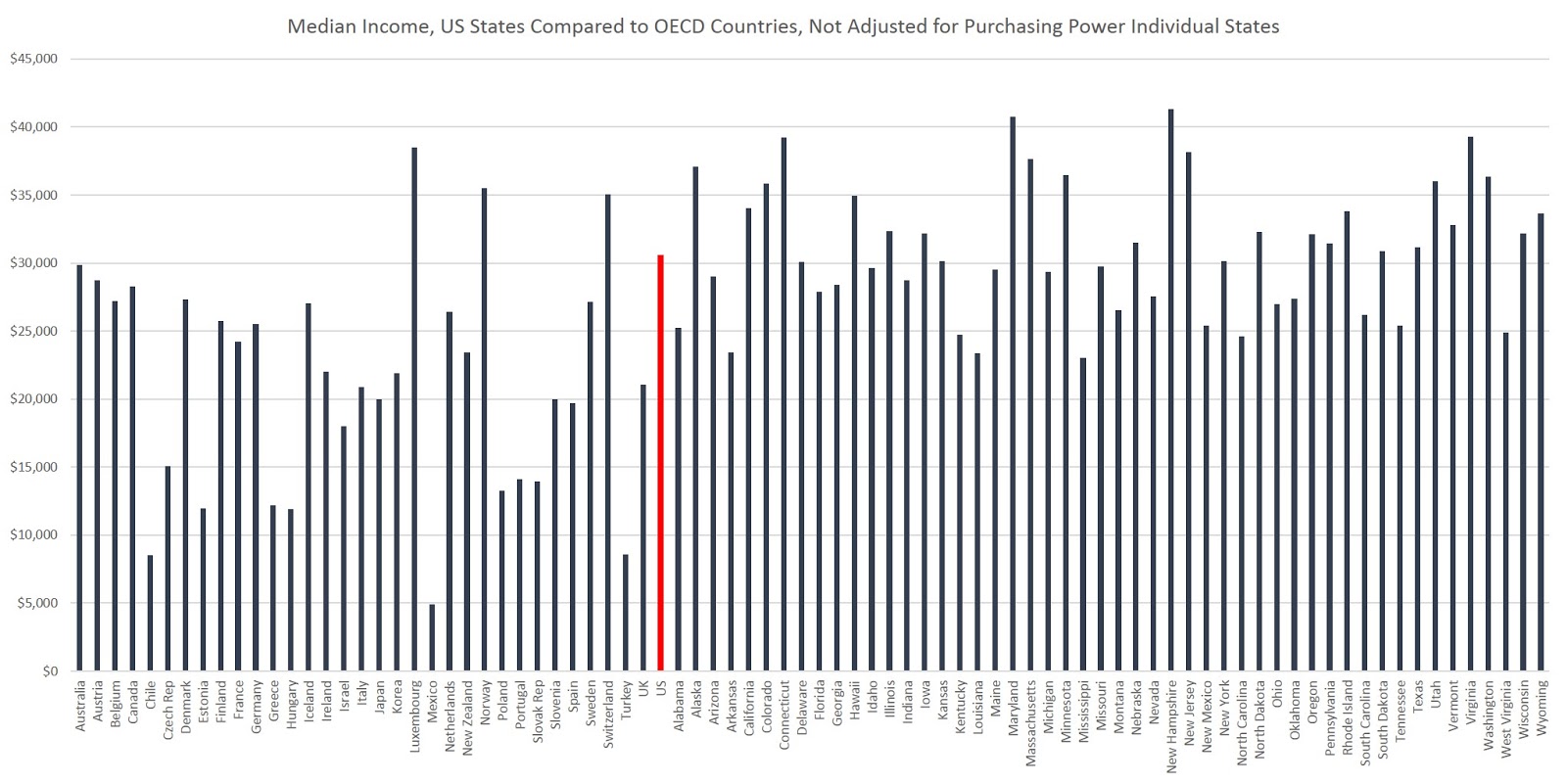Two state-based think tanks, Louisiana’s Pelican Institute and Massachusetts’ Beacon Hill Institute, released a study (pdf) highlighting the likely benefits of Louisiana Republican Governor Bobby Jindal’s proposal to scrap the state’s income tax and raise its sales tax.
In a nutshell, the study estimates that Jindal’s plan would increase disposable income by $1.749 billion by 2017. That’s an extra $910 for each Louisiana family.
The question left unaddressed by the study is the one most likely to be asked by critics – What will be the impact on low income citizens whose cost of living (along with everyone else’s) will go up with a greatly expanded sales tax base?
Whereas progressive income taxes take a larger bite out of the paychecks of wealthy citizens, sales taxes take a larger bite from those of the poorer classes.
One way to avoid the charge that a sales-for-income tax swap would amount to a disproportionate tax increase on the poor is to exempt certain items like food and other necessaries from the tax. So far, Jindal’s plan does this.
That, of course, can lead to the same kind of pockmarked tax code that currently infects most states, as well as the IRS.
To my mind, it makes the most sense to argue for a flat tax on income with very few exemptions or deductions. It’s fair, easy to understand, and is the concept most resistant to special interest tampering.
Moreover, when it comes to the national debate over tax reform, it has one huge advantage over a beefed up sales tax: It can be easily replicated at the federal level.
Unless Jindal has become a fan of a national sales tax replacing the national income tax, then maybe his push to swap Louisiana’s income tax for a bigger sales tax is the clearest sign yet he’s not running for President of the United States in 2016.
H/T: The Pelican Post








 CFIF Freedom Line Blog RSS Feed
CFIF Freedom Line Blog RSS Feed CFIF on Twitter
CFIF on Twitter CFIF on YouTube
CFIF on YouTube